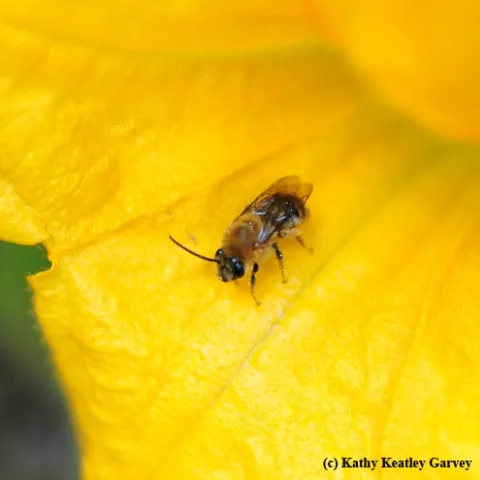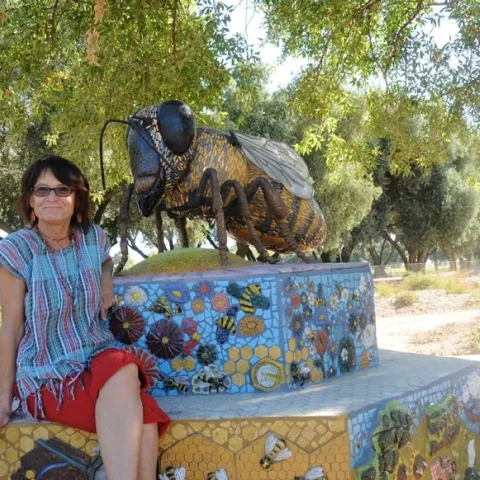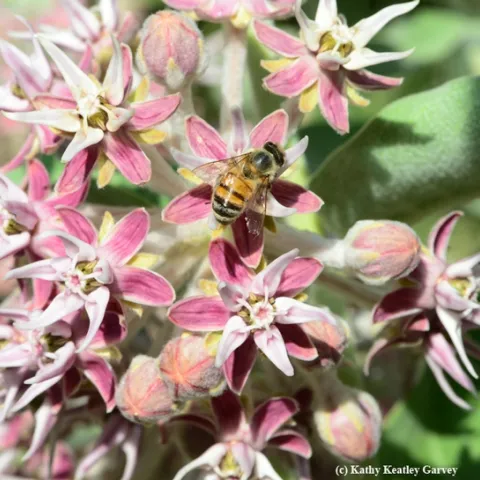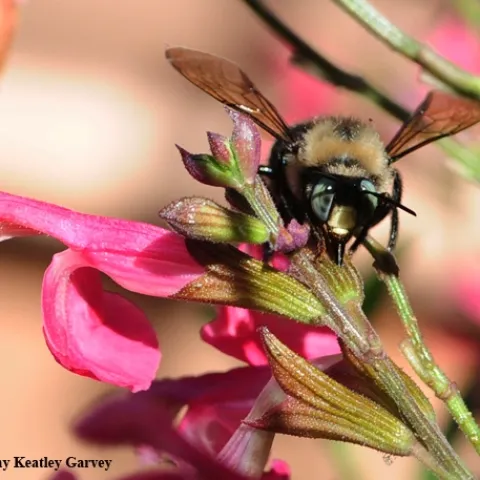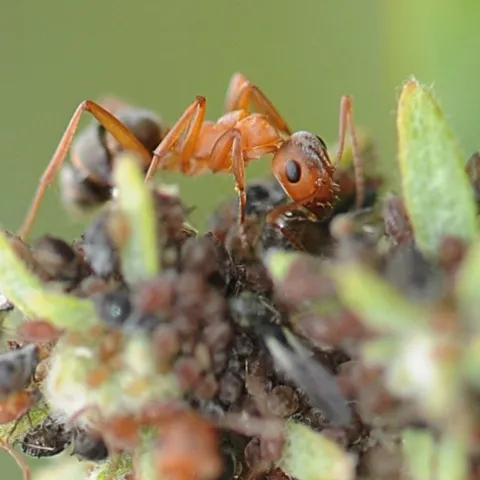Bug Squad
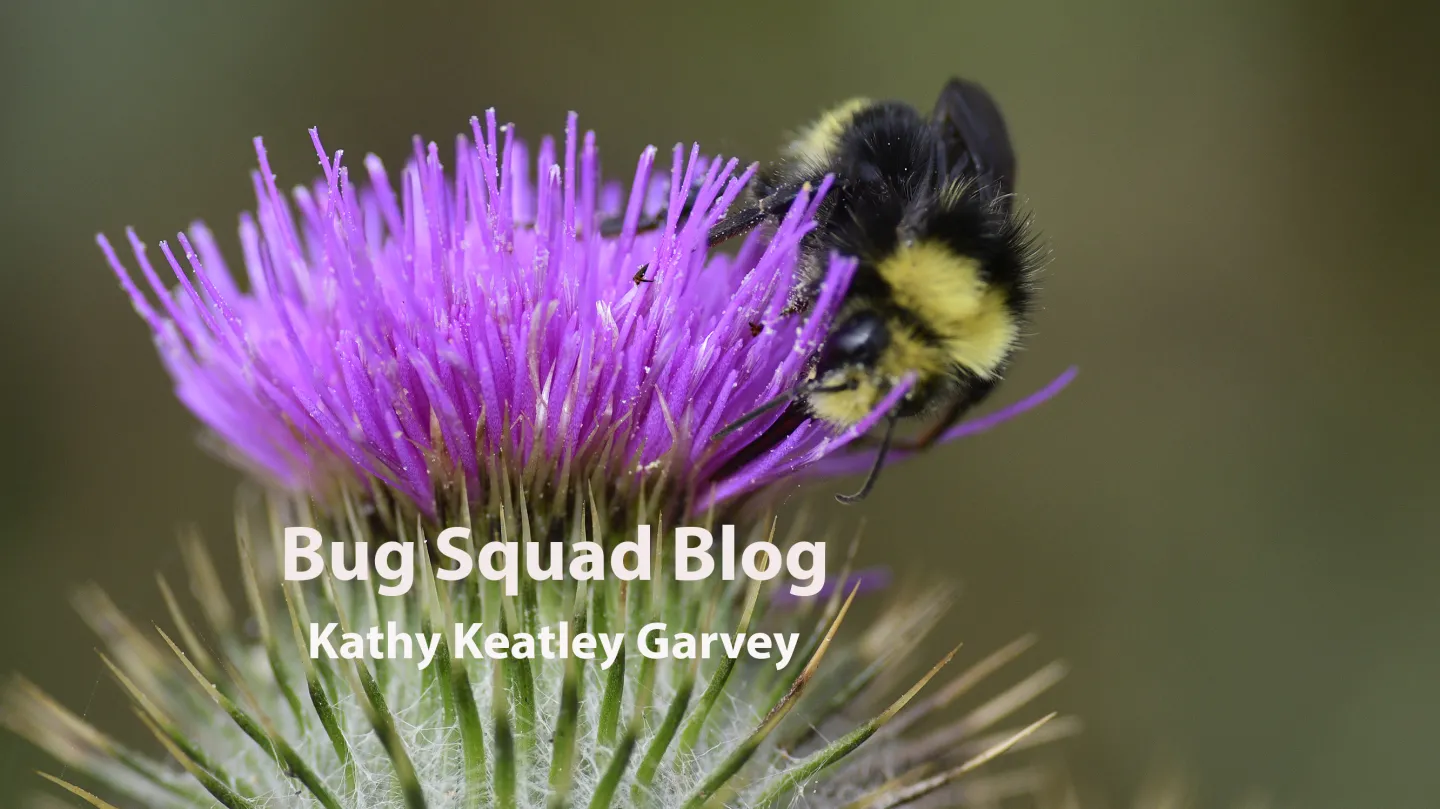
UC ANR is renovating its website. The Bug Squad blogs are archived at https://my.ucanr.edu/blogs/blogcore/archive.cfm
Meanwhile, here are the latest blogs. They can also be found on the Bug Squad blog, Facebook, at https://www.facebook.com/TheBugSquad
March 28, 2025: Congrats to Douglas Walsh, PBESA's Woodworth Award Recipient
March 27, 2025: In Support of Honey Bees
March 26, 2025: Remembering Professor Harry Lange and Helping the Bohart Museum of Entomology
March 25, 2025: Hammock, Morisseau to Give TEDX Talk at School of Medicine Research Celebration
March 24, 2025: A UC Davis Living Lab: Which Plants Are Best for Your Garden?
March 21, 2025: 'Fantastic' and Much Needed Workshop: Fruit Fly ID
March 19, 2025: Thinking Pink on the First Day of Spring
March 18, 2025: Dad's Bees
March 17, 2025: Don't Pinch Me! I'm Green
March 14, 2025: CC Edwards Elected Chair of Youth Professionals, American Mosquito Control Association
March 13, 2025: Bohart Scientists Explain Venomous vs. Poisonous

